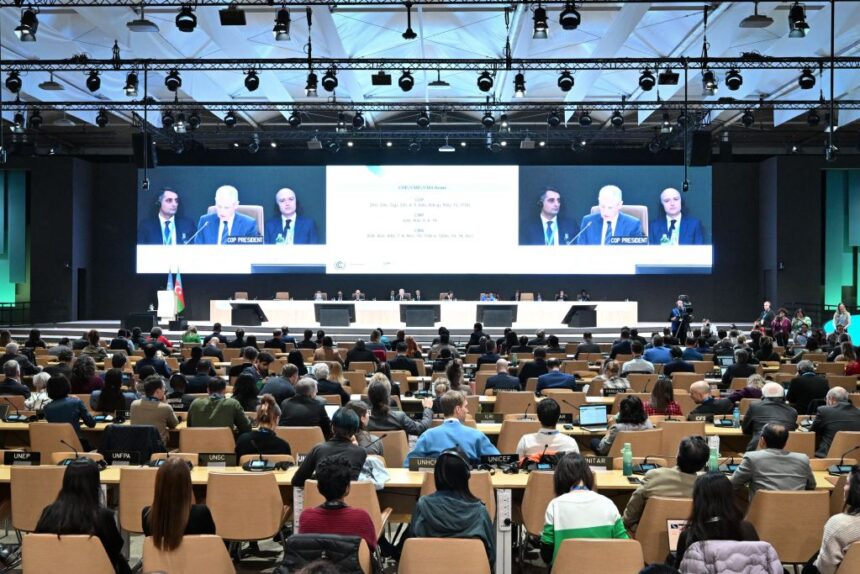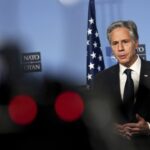Commentary
Let’s delve deeper into the specifics of this wealth transfer scheme.
Further examination reveals that the COP delegates anticipate a significant portion of the promised funds to come from private entities. But what authority do these delegates, or the governments they represent, have to commit private funds? The term “private” implies independence from government control, raising questions about the true nature of these transactions, especially when green energy companies receiving subsidies are involved.
Moreover, the delegates making these commitments are not elected representatives but appointed officials and bureaucrats, highlighting the lack of democratic oversight in this process.
The COP agreement also mentions the allocation of funds for wind and solar energy development in poorer countries, a move criticized by many leaders for impeding their access to fossil fuels that drove the economic growth of wealthier nations.
Similar to foreign aid programs, the distribution of these funds may be influenced by political interests, potentially diverting resources to corporate entities in donor countries. This scenario raises concerns about governance and the true impact of such wealth transfers on economic development.
While political leaders in less affluent nations may welcome foreign aid, there are risks of misuse and corruption. The lack of transparency in the COP29 agreement regarding fund allocation and oversight further complicates the situation.
In conclusion, the COP29’s wealth transfer plan evokes skepticism and raises questions about accountability and governance. As the details unfold, it remains essential to scrutinize the mechanisms through which these funds will be channeled to ensure their intended impact.
Disclaimer: The opinions expressed in this article are solely those of the author and do not necessarily reflect the views of The Epoch Times.
Please rewrite this sentence.
Source link







